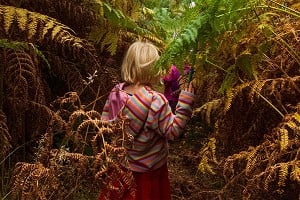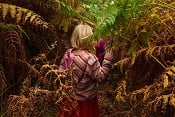In reply to Pero:
> Advanced crevasse rescue is not the most important skill. Avoiding crevasses and good rope management on the glacier are basic skills that you should employ every time you are out.
No, but it is an important skill. It's a hot day and you are descending from your route. You are roped up and making good route decisions, but you punch into a crevasse. Now you're hanging on a rope, with cold water soaking you. Your hardshell is in your pack and your warm later is attached to your harness but you're too constricted by the walls of the crevasse to get them on. Your headtorch came off your helmet in the fall and now it's nearly dark; you fumble your prussik because you're panicky and your hands are cold. Now, do you want your partner to know how to make an anchor, rig a 3:1 or a 5:1 and get you out? Or are you cool with calling the helicopter, which is busy and will take a few hours.
> If someone goes in a crevasse and cannot climb out, it's asking a lot to haul them out using a complicated pulley system. That's an expert skill that would take a lot of time and effort to master.
It takes time to learn it, yes, but if taught well it can be picked up quickly and is far from being an expert skill. This also depends on the learner; some people are more mechanically inclined than others. Is it worth spending this time? See above.
> Whereas, managing the rope, crossing a bergschrund safely and being to set up an effective ice axe belay are core skills that you are likely to need regularly.
All true, but just because you don't deploy a skill as frequently doesn't mean it isn't important.
> On the Gran Paradiso in particular there will be a well made track and lots of people around. The chance of needing advanced crevasse rescue is almost zero. However, if you are walking too close together and one of you goes in a crevasse and pulls the other in, that is a real danger.
I've never been up GP, I just wanted to address the points you made above as they came across as generalisations. Relying on others for help though is something I'd caution against. OP and his partner, being new to alpinism, are slow on the ascent. They reach the summit and are the last party descending; many other parties turned back, seeing signs of coming weather. OP punches into a crevasse, the lid of which has been weakened by the sun. By the time his partner has shouted for help the parties ahead are out of earshot. OP is hanging in the icy, trickling water as previously described. Cloud comes in and now his partner can't signal with a headtorch. There's no phone signal and they don't have a PLB.
In the distance, thunder.









